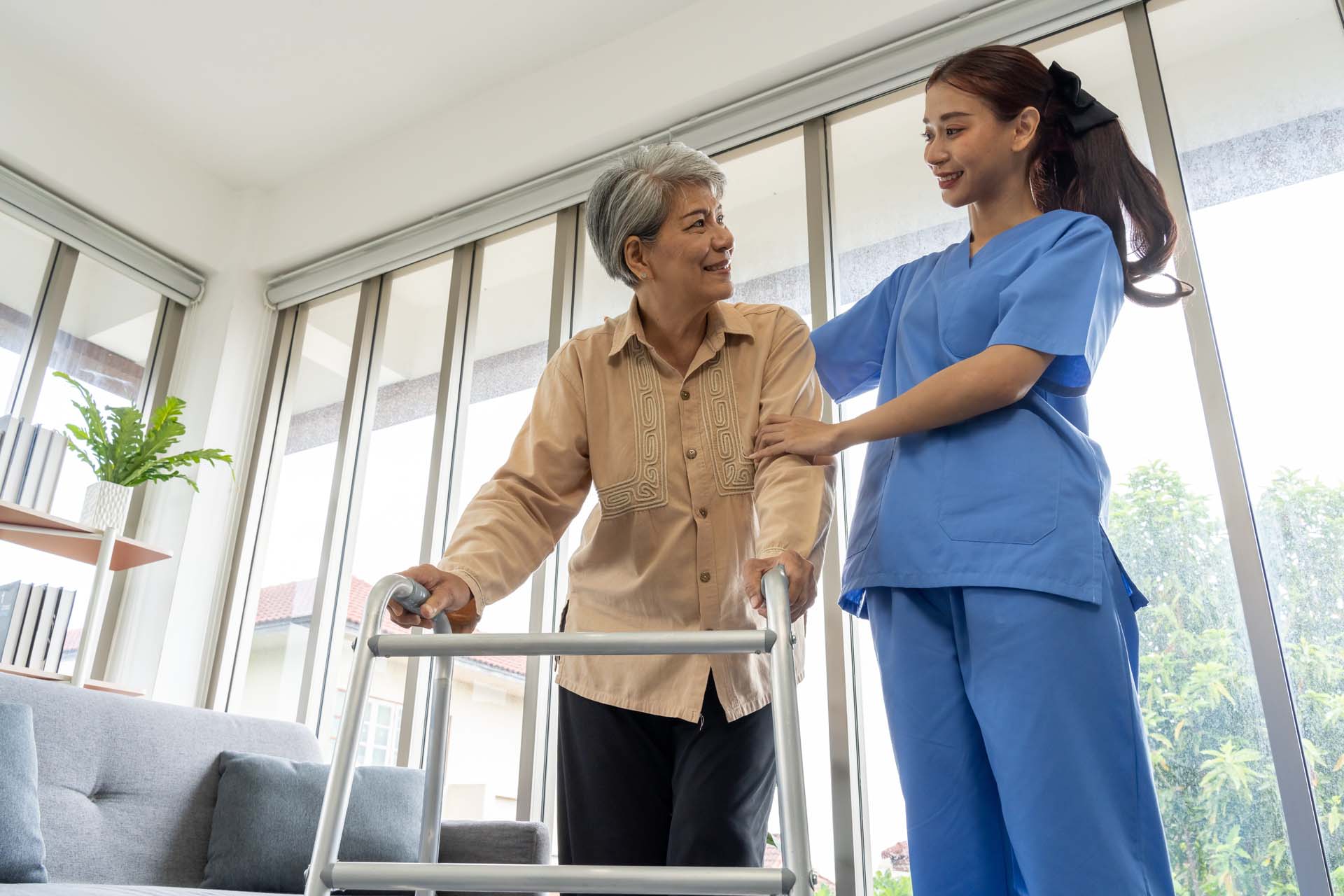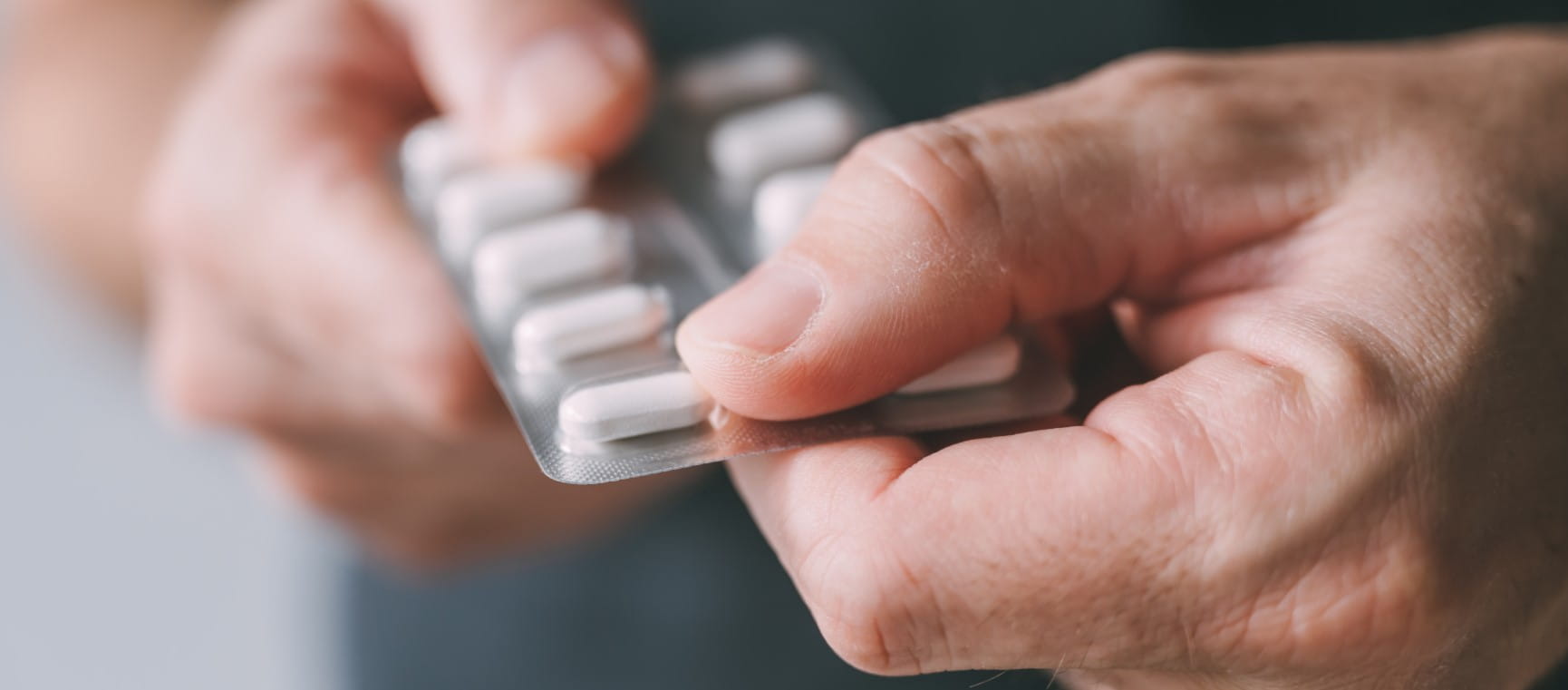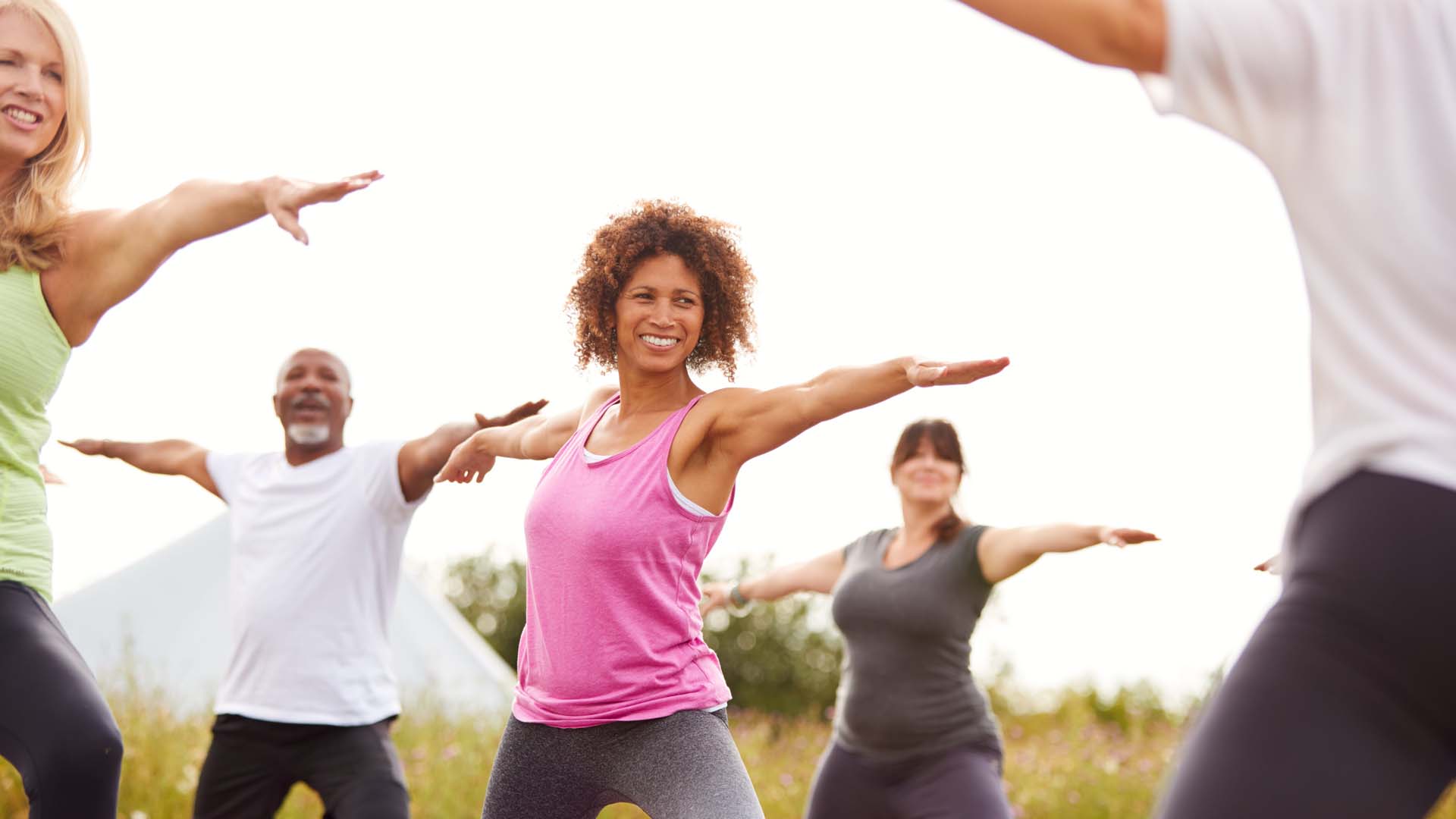
You might never have heard of RSV, or if you have, you might be wondering why you’re being offered a vaccine for the first time. Although the RSV vaccine is new to the NHS, respiratory syncytial virus isn’t. It’s a common cause of coughs and colds and most people get it more than once in their lives.
For many people, the common cold is just annoying and you’ll feel better in a few days, but RSV can lead to more serious illnesses. In older adults it can cause acute respiratory infection, influenza-like illness or pneumonia.
While RSV is often not formally diagnosed, a study published in 2015 estimated that among adults, an average of around 487,000 GP appointments, 18,000 hospitalisations and nearly 8,500 deaths were attributable to RSV each year. Of these, around 14,000 hospitalisations (79%) and just under 8,000 deaths (93%) were in people aged 65 or older.
"In most people, RSV will cause a cough, cold and sore throat, but if you’re vulnerable you can end up in hospital with pneumonia or other serious illnesses.”
The study found that in most seasons between 2001 and 2009, RSV had a bigger impact than flu in terms of the numbers of GP appointments, hospitalisations and deaths. A separate study found that the same was true for RSV in children.
The Department of Health and Social Care says that each year, 9,000 people over 75 in the UK are hospitalised due to RSV, as well as 30,000 children under five.
Manchester-based GP partner Helen Wall says: “The difficulty is if you’re very young or elderly, particularly if you have other health conditions such as heart or kidney problems, you’re more vulnerable and at risk of becoming unwell with it.
"In most people, RSV will cause a cough, cold and sore throat, but if you’re vulnerable you can end up in hospital with pneumonia or other serious illnesses.”
If you’re aged 75 to 79, it’s now recommended that you have the vaccine this year. If you’ve just turned 80 (since 1 September), you’re eligible until 31 August 2025. If you are any older, the RSV vaccine is not being offered to over-80s.
The vaccine is also being offered to women who are 28 weeks pregnant and onwards to help protect their baby from RSV, as young children are at high risk of RSV illness, and newborns are particularly vulnerable to complications.
If you’ve only just heard of the RSV vaccine, you might be wondering if it’s worth having, or if you need it as well as the year’s flu jab. RSV is a different virus, so the flu jab offers no protection against it.
RSV is a common cause of coughs and colds and most people get it more than once in their lives
Vaccines against RSV are a recent development. Rival vaccines from GlaxoSmithKline and Pfizer have been licensed for use in the United States and Europe in the past year.
In June the US Centers for Disease Control and Prevention recommended the vaccines for people over 75, as well as those over 60 who have an increased risk of severe RSV due to medical conditions.
In the UK, the Joint Committee on Vaccine and Immunisation (JCVI) has considered the impact hospitalisations will have on the NHS over the winter months and recommended it’s offered to the groups most at risk from serious illness.
The vaccine only needs to be given once, like the shingles jab, not every year, like flu immunisations.
“It’s a one-off vaccine offered during late pregnancy and between the ages of 75 and 79,” says Dr Wall.
“Because most people have had RSV at least once in their lives, this is likely to be a boost to their protection on top of their natural immunity. It’s targeted at who’s going to benefit the most, which is the people who are most at risk of being hospitalised with RSV.”

The RSV vaccine is given as an injection in your upper arm, in the same way as the Covid and flu jabs. Most people can have it, but inform your GP practice of any allergies or if you’ve previously had a reaction to a vaccine.
Trials of the Abrysvo vaccine found that the most common side effect (which may affect more than 1 in 10 people) in over-60s is pain at the vaccination site.
Dr Wall says that any side effects are likely to be mild.
“Like any vaccine, it can give you localised side effects,” she says. “You might be hot, itchy or a bit sore around the site where you had the injection for a day or two.
“Other side effects might be that you feel a bit achey, have a headache or feel mild flu-like symptoms, but for most people that will only last a few hours or a day. Some people will feel a bit off-colour, while others will forget they’ve had it.”
The vaccine only needs to be given once, like the shingles jab, not every year, like flu immunisations
The vaccine has been specifically targeted to those who’ll benefit most from it as most younger people will only be mildly affected by RSV. If you’re over 60 but under 75, or if you’re over 80, you can pay for the vaccine from a private clinic or pharmacy, usually for around £200.
If you’re eligible for the RSV vaccine on the NHS, your GP practice should contact you to offer it.
“Some might send out text messages, others might ring you to book you or you can check your GP’s website,” says Wall. “My advice would be if you haven’t heard anything in the next two or three weeks and you really want it, contact your GP practice.”
The vaccine being used in the UK is called Abrysvo, and is made by Pfizer. While no vaccine is completely effective, studies have found it reduces the risk of lower respiratory tract illness (such as bronchitis and pneumonia) caused by RSV between 67% and 84%.
It’s a bivalent vaccine, which means it is based on two different proteins from the surface of the RSV vaccine, selected to optimise protection against RSV A and B strains. These proteins are needed for RSV to infect the body and are also the main targets of the antibodies which your body generates to fight the infection.
When you get the vaccine, your immune system generates specific antibodies and T cells (immune system cells). If you’re then exposed to the virus, the antibodies and T cells are ready to spring into action to prevent RSV infection. In pregnant women, the neutralising antibodies cross the placenta, providing their babies with protection for up to six months after birth.
Hannah Verdier writes about fitness, health, relationships, podcasts, TV and the joy of reinventing yourself at 50 and beyond. She’s a graduate of teenage music bible Smash Hits and has a side hustle as a fitness trainer who shows people who hated PE at school how to love exercise.
View author page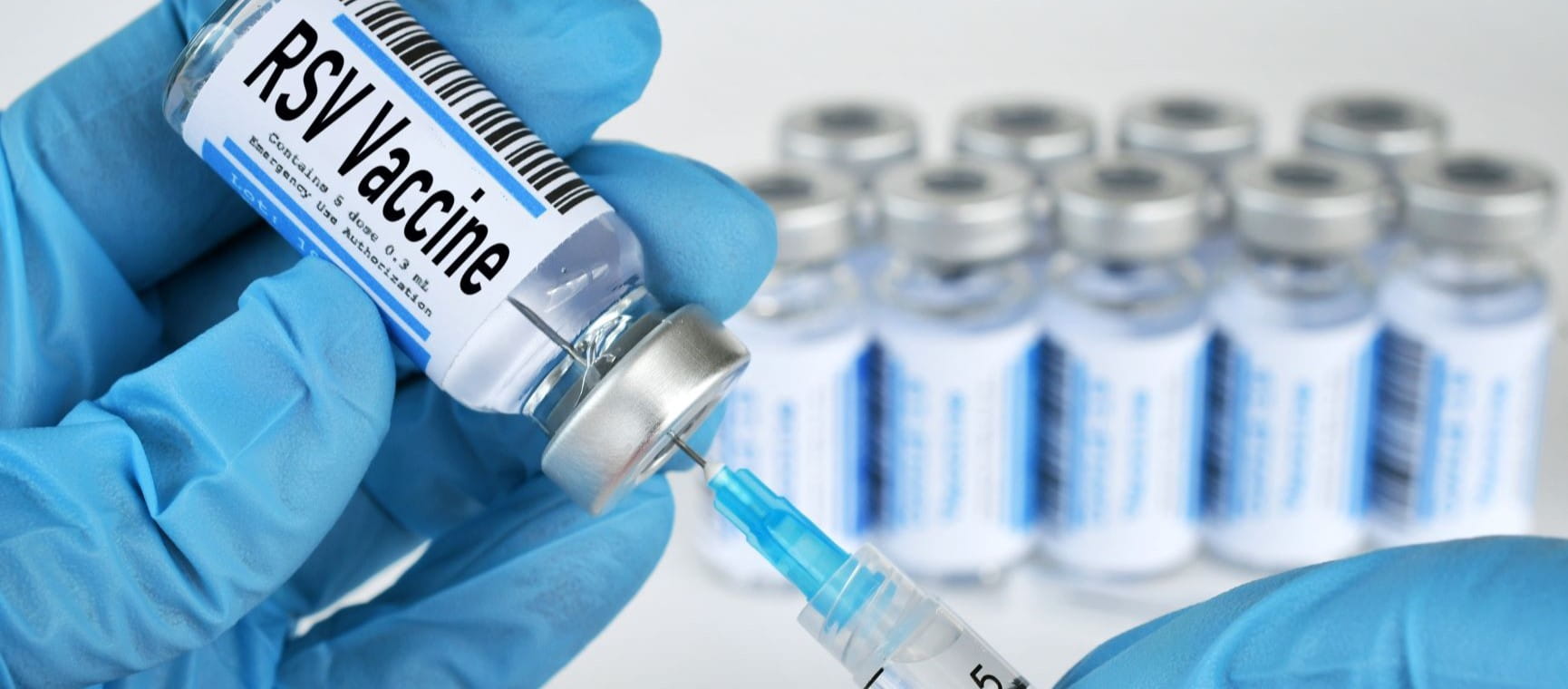

Facial weakness, a sudden headache and dizziness can all be signs of a stroke, we've got the facts from an expert.
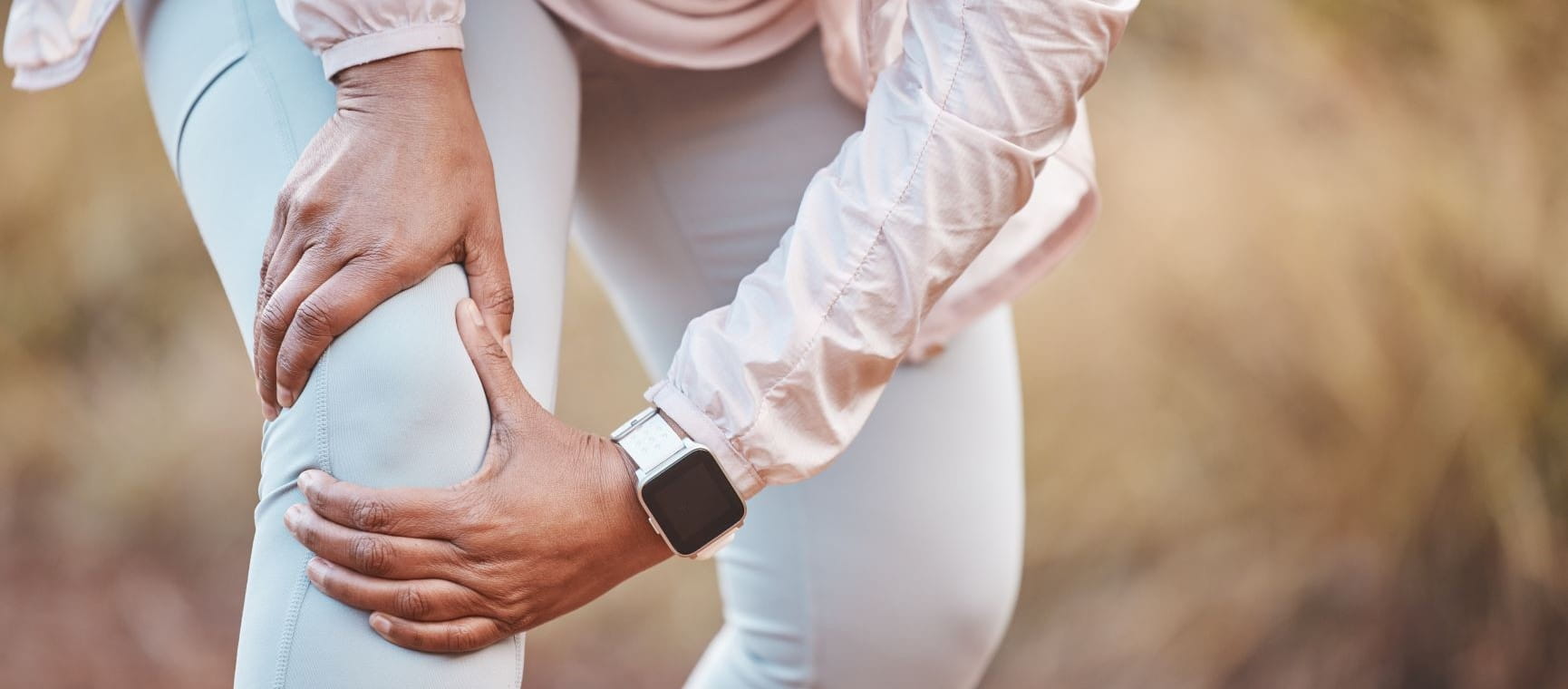
Knee pain is more common as we age: to help we've got the best advice from 3 leading experts with easy ways to make a difference.
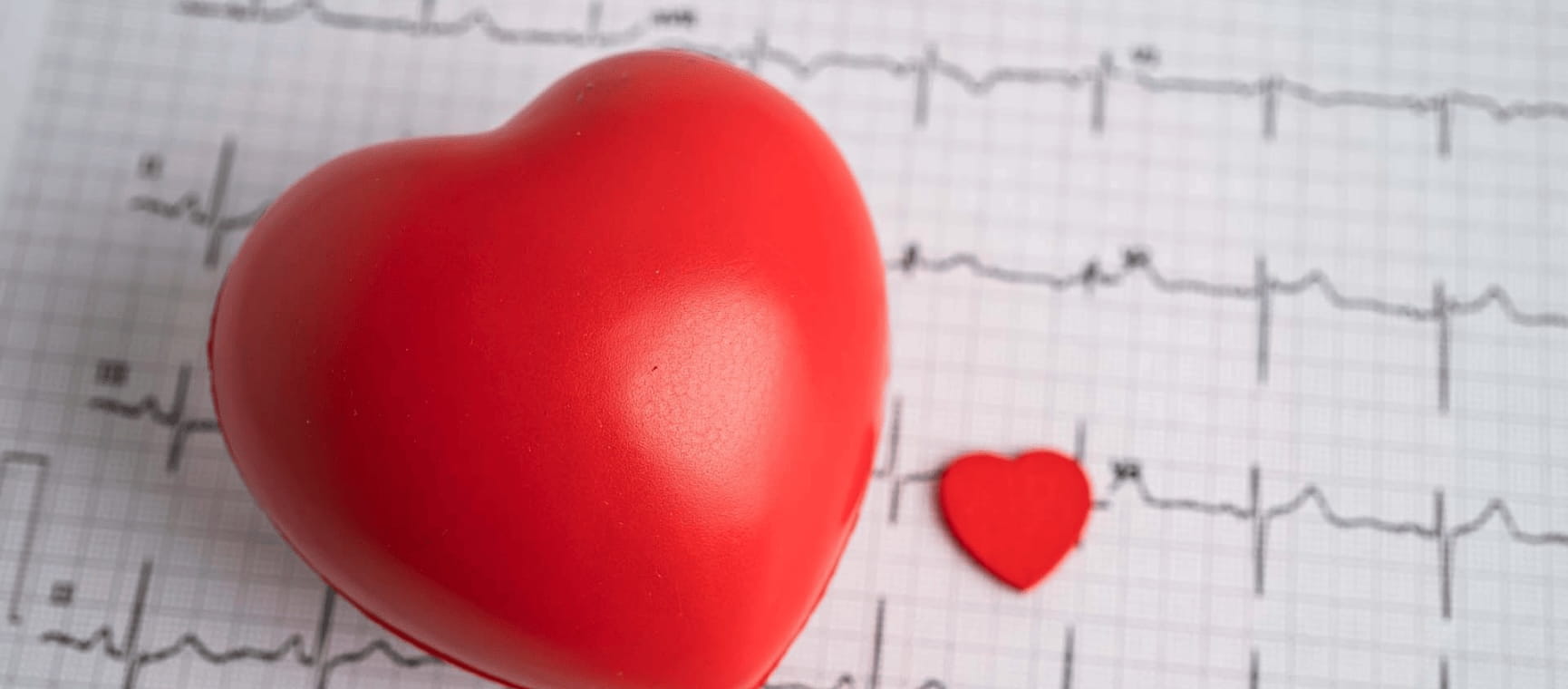
Do you know the symptoms of a heart attack? Here’s what to look out for, and how to prevent one.
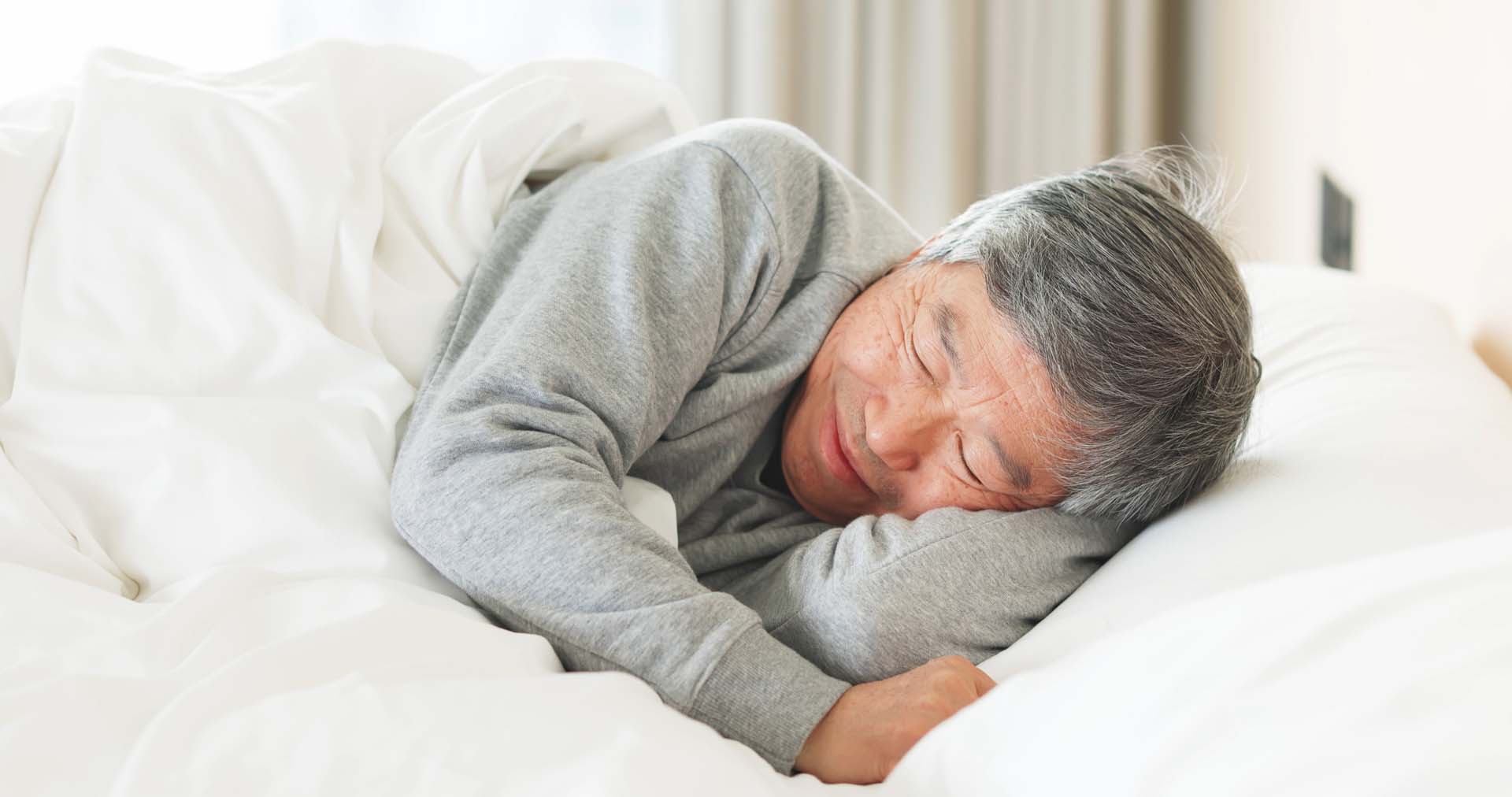
Front, back or side? Which sleeping position is best for you as you get older, and which ones you should avoid
